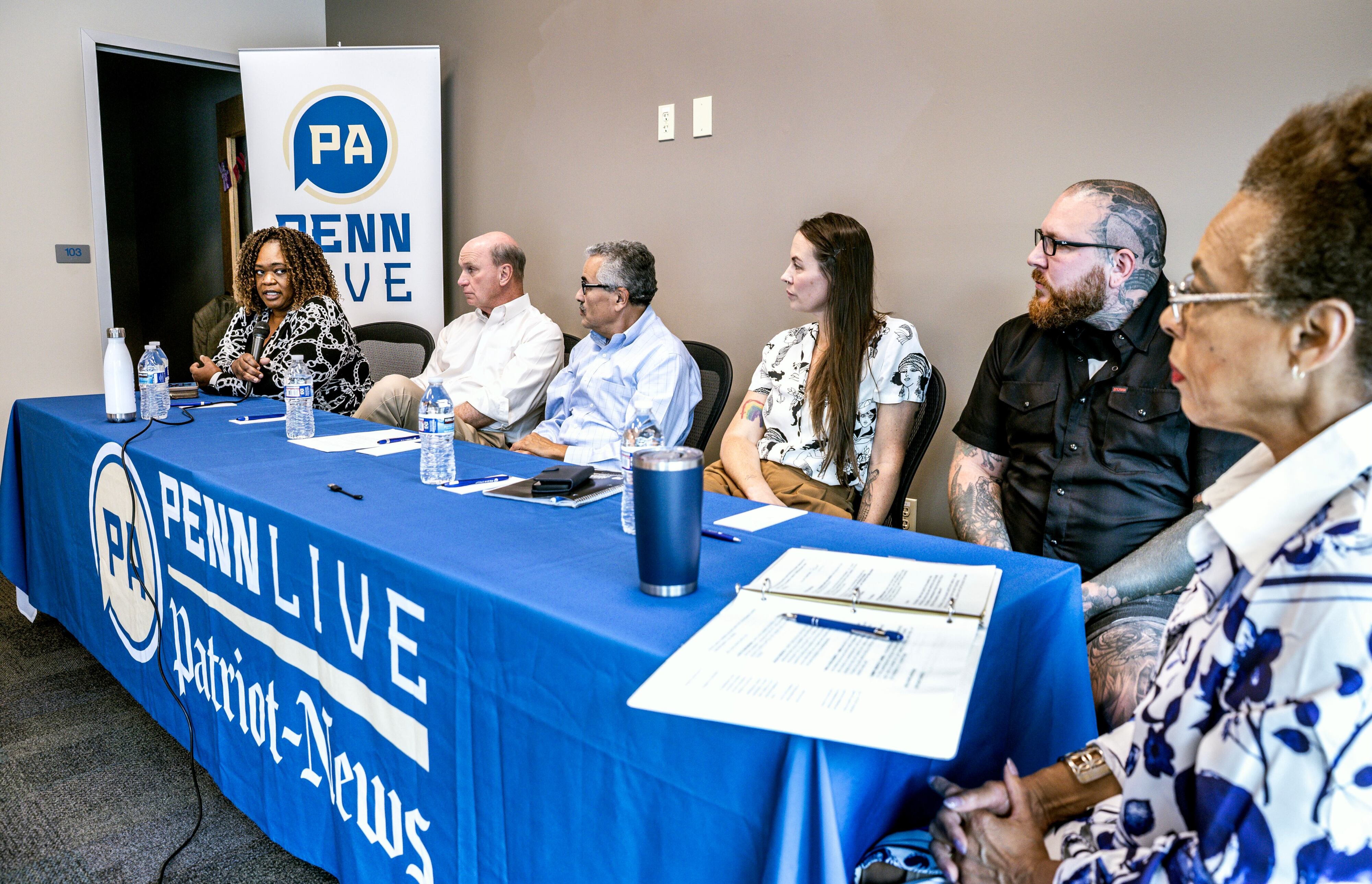Harrisburg's Revitalization: Business Owners Uncover Major Challenges

Harrisburg’s Economic Revitalization: A Focus on Retail, Support, and Community Engagement
Harrisburg continues to grapple with the challenge of revitalizing its downtown area, with recent discussions highlighting key issues that business owners and community leaders believe need addressing. A series of roundtables, initiated by a public forum last month, has provided a platform for stakeholders to explore ways to stimulate economic growth and improve the city’s appeal.
During a recent online meeting, which was live-streamed on PennLive’s YouTube channel, five business representatives shared their experiences and insights. The event, organized by the Foundation for Enhancing Communities, aimed to foster deeper conversations about the challenges facing the city's economy.
Addressing the Decline in Foot Traffic
One of the most pressing concerns raised by business owners is the drop in foot traffic, particularly in areas like SoMa and Midtown. Anela Selkowitz, co-owner of Found Collab, noted that her vintage store has seen a significant decline since the pandemic, leading to its closure and transition to an online-only model. She emphasized the need for more retail activity to attract people back to the downtown area.
Tammy Worthy Jones, owner of Just Baked Cakes & Pies, echoed similar sentiments, pointing out that safety concerns and a lack of pedestrian traffic are deterring customers. She mentioned that individuals loitering outside her bakery often prevent potential customers from entering.
Selkowitz attributed the decline in foot traffic to several factors, including increased online shopping, an aging demographic, and parking costs. “If you have more retail down there, people will take the chance,” she said, suggesting that more businesses could help revive the area.
Improving City Communication and Support
Business owners also expressed a desire for better communication from the city. Selkowitz highlighted instances where South Third Street was closed for private events without prior notice or consultation. This lack of transparency makes it difficult for businesses to plan and operate effectively.
Justin Browning, who owns several nightlife establishments, pointed out that information about starting a business and filing paperwork is limited. He noted that the city has minimal staffing dedicated to assisting business owners, resulting in delays for necessary permits and zoning approvals.
Browning’s latest project, transforming the former Federal Taphouse into the Capital City Music Hall, has faced delays due to these bureaucratic hurdles. While he acknowledges the city’s efforts, he believes that streamlining processes could significantly improve outcomes.
Parking Fees and Their Impact
Parking fees emerged as another major concern during the discussion. Tammy Worthy Jones described the frustration of customers who are reluctant to pay for short visits to purchase baked goods. She argued that high parking costs deter potential customers and negatively impact local businesses.
Reducing Poverty and Investing in Education
Doug Neidich, CEO of GreenWorks Development, identified the city’s high poverty rate as a fundamental obstacle to economic growth. He emphasized that addressing this issue is crucial for fostering a healthy city. Neidich, who is involved in launching the Pennsylvania STEAM Academy, stressed the importance of education and training in creating opportunities for residents.
Robert Torres, executive director of Tec Centro Capital Region, highlighted the center’s role in providing adult education and career training in health sciences and trade programs. These initiatives aim to equip residents with the skills needed to secure livable wages and benefits.
Creative Approaches to Revitalization
Participants in the roundtable emphasized the need for creative solutions to revitalize Harrisburg. Neidich proposed an electric trolley system on Third Street to connect Midtown and downtown, potentially solving issues related to transportation, housing, and parking.
Selkowitz suggested closing certain streets to create walkable hubs and attract more shop owners. She believes that reworking parts of the city could significantly enhance its appeal and functionality.
Upcoming Discussions and Community Involvement
Future roundtables will address additional topics such as parking, arts and culture, education, and crime. These discussions will be recorded and streamed on social media platforms, allowing the broader community to participate and contribute to the conversation.
As Harrisburg continues to seek ways to rejuvenate its downtown, the insights and recommendations from these roundtables will play a vital role in shaping the city’s future.

Posting Komentar untuk "Harrisburg's Revitalization: Business Owners Uncover Major Challenges"
Posting Komentar